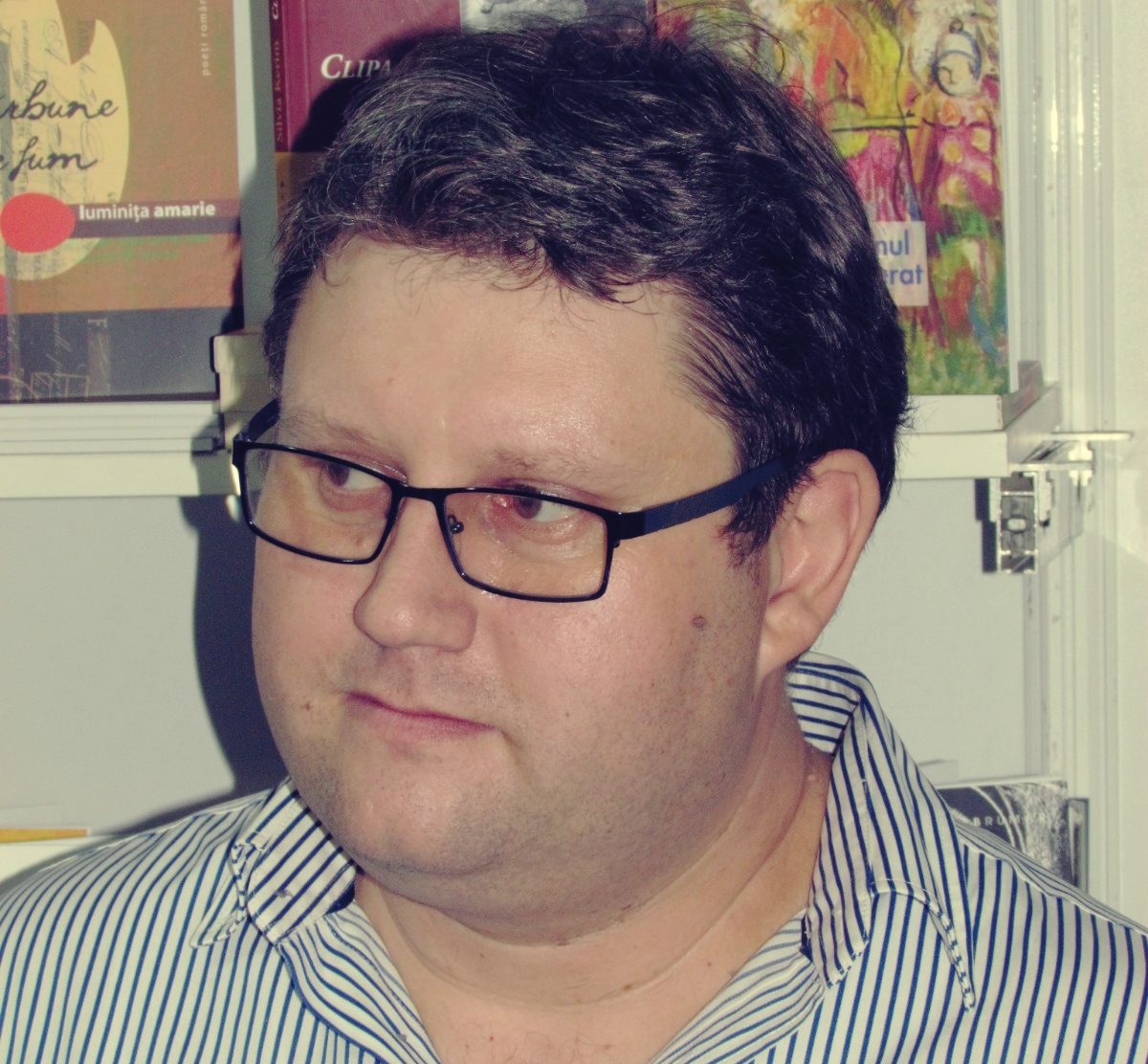A network of internet users monitoring online disinformation has identified over 1,000 Facebook pages and groups that systematically spread pseudo-scientific, pseudo-religious, or political propaganda content in a spam-like manner. Data analyzed by Edupedu.ro reveals that these pages have amassed tens or even hundreds of thousands of followers and are sometimes managed from outside Romania.
According to findings compiled by the public and open Facebook group “AI de noi,” a significant number of these pages carry a religious theme, encouraging engagement with posts like “Like this and God will help you,” “Your ‘Amen’ will save you,” or “I did this, but no one appreciates me.” These tactics aim to maximize reach and keep users trapped in a disinformation bubble. However, the implications go beyond just that.
- It is important to note that the individuals behind this data compilation remain anonymous, as this is an informal, collective effort by internet users committed to fighting disinformation. According to the group’s coordinators, members report fake news and misleading content to Facebook, citing Romanian and European legislation on digital protection, in hopes that the social network will take action to remove such posts.
Facebook’s apparent inaction on these pages poses multiple risks, as the platform benefits from user engagement regardless of content quality. These pages not only push disinformation but also promote pro-Russian narratives, pseudo-science, pseudo-religious messaging, and political propaganda, particularly in support of former pro-Russian presidential candidate Călin Georgescu. The titles of these pages often mislead users, suggesting patriotic or spiritual content when, in reality, they serve as vehicles for distorted information – PHOTO GALLERY below.
You can read the original article in Romanian here.
In other words, the page administrators exploit names with nationalist or religious resonance to attract users searching for patriotic or spiritual content, only to expose them to false or manipulated narratives disguised as traditional or moral values.
Many of the pages analyzed by Edupedu.ro show signs of artificial engagement, with interactions from accounts bearing Romanian or Asian-sounding names (e.g., “Cheng” from Brăila – Romanian city, “Maricica” – Romanian name – from Vietnam), indicating possible bot activity. Additionally, these pages often redirect users to websites masquerading as news outlets but which, in reality, are anonymous, clickbait-driven platforms with zero journalistic credibility and potential security risks for users’ devices (phones, tablets, laptops, etc.).







Coordinated Content Sharing
Another noticeable pattern is the synchronized posting behavior: identical images, edited visuals, and links to the same dubious websites appear simultaneously across multiple pages. This suggests clusters of interconnected pages owned by the same individuals, employing a coordinated strategy for content dissemination.
Some pages, as noted in an Edupedu.ro analysis from December 14, 2024, list their location as being outside Romania. For example, certain analyzed pages were registered in Greenwich, UK, but were managed by a Romanian company, TEO ADVERTISING SRL, headquartered in Romania. This company was also flagged by internet users from the “AI de noi” group.
One such page, “Teodora,” was created in 2012 and previously operated under the name “Teodor Niculescu” until January 4, 2024. The content it promotes redirects users to sites like Citește.eu, an anonymous source lacking editorial transparency.


- One likely reason for declaring a foreign location is Facebook’s varying monetization policies across different countries. In some regions, content monetization is more lucrative than in Romania, making it financially advantageous to claim a foreign base for generating revenue from high engagement.
Many of these pages – and others saturating users’ feeds – exhibit linguistic patterns suggesting automated translations from Slavic languages like Russian. Their posts often feature unnatural Romanian syntax, including rigid or inverted sentence structures, missing definite articles, and odd verb usage. These errors indicate that some pages are either managed by non-native Romanian speakers or deliberately use automated translations to obscure the true origin of their content.
Most of these pages have a hidden history from the general public, but their transformation can be traced in the “About” section. Many started under completely different names and were repurposed over the last 10–15 years, adapting to the interests of their owners, social trends, and political contexts. Users who originally liked or followed these pages remain “subscribed,” continuing to receive content – even when it shifts from its original theme to political messaging, election-related propaganda, or ultranationalist rhetoric.

Pseudo-scientific pages exploit conspiracy theories about artificial intelligence, non-existent technologies, or miraculous cures. They also employ engagement algorithms by posting alarming messages, directing users to check the comments for “the full truth.” Another significant segment of disinformation involves nationalist and pro-Russian propaganda. Hundreds of Facebook pages glorify communist-era nostalgia, spread anti-Western rhetoric, and fuel geopolitical conspiracy theories, appealing to users’ emotions – especially those who recall their childhood during Romania’s communist regime.






CNA Orders Removal of Illegal Facebook Content
A video with thousands of shares and hundreds of thousands of views recently caught the attention of Romania’s National Audiovisual Council (CNA). The regulatory body has issued a takedown order for the illegal content, which will be sent to Facebook, according to reports from Pagina de Media, cited by G4Media.ro. The video was originally posted on TikTok by Bogdan Lupea and later reuploaded to Facebook by another user, Anișoara Staicu, whose account has 11,000 followers.
This is the second problematic video from the same author to be removed by CNA. In a previous video, Lupea incited violence against Vasile Bănescu, former speaker of the Orthodox Church of Romania (BOR). Another controversial video, titled “Most Wanted,” featured a list of individuals accused of “insulting the Romanian people, Călin Georgescu, and his supporters,” displaying their images on screen alongside the word “Wanted” for three minutes.






